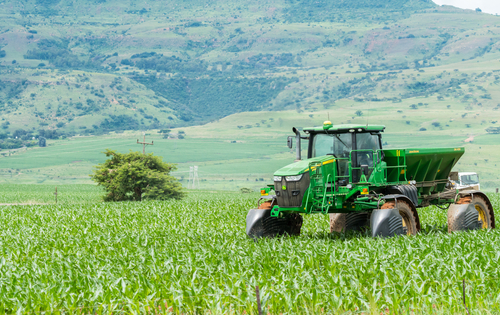
Forty-two Nigerian villagers, including women and children as young as two years old, were slaughtered in a series of brutal attacks as the deadly conflict between Fulani herders and farming communities reached a devastating crescendo in central Nigeria.
Key Takeaways
- 42 people were murdered across four communities in Benue state, Nigeria, with attacks attributed to nomadic Fulani herders against established farming villages.
- The violence occurred over a weekend, with 10 people killed in Tyolaha and Tse-Ubiam on Saturday, and 32 more in Ahume and Aondona the following day.
- A Catholic priest was shot and remains in critical but stable condition as religious tensions amplify the resource conflict.
- Climate change, overpopulation, and shrinking pastoral lands have intensified competition for resources in Nigeria’s agriculturally vital “Food Basket” region.
- Despite a 2017 law banning open grazing in Benue state, poor enforcement has allowed violence to continue, with at least 2,347 casualties recorded between 2020 and 2024.
Bloodshed in Nigeria’s Breadbasket
The latest wave of violence in central Nigeria has left dozens dead as Fulani herders continue their assault on Christian farming communities. Over a single weekend, attackers swept through four villages in Benue state, killing 10 people in Tyolaha and Tse-Ubiam on Saturday before slaughtering another 32 in Ahume and Aondona the following day. Reports confirm the victims included defenseless women and children, some as young as two years old, highlighting the ruthless nature of these attacks on vulnerable rural communities. The region’s agricultural productivity, once the pride of Nigeria, now lies in ruins as farmers are too terrified to work their lands.
“It’s a pathetic situation. As we speak, we are still recovering corpses,” said Victor Omnin, chair of the Gwer West local government area.
Religious Dimensions of a Resource War
What began as competition for dwindling resources has evolved into a conflict with clear religious undertones. The predominantly Muslim Fulani herders increasingly clash with Christian farming communities across Nigeria’s middle belt. During the recent attacks, a Catholic priest was shot and remains hospitalized in critical condition—a stark reminder of the religious tensions fueling this violence. Conservative observers note this pattern reflects a troubling trend of targeted persecution against Christian communities, with government authorities failing to take decisive action to protect vulnerable religious minorities.
“The relentless violence must end. Our farmers are the backbone of our economy, yet they live in constant fear,” said Asema Achado.
Failed Policies and Government Inaction
The Nigerian government’s inability to enforce its own laws has directly contributed to the ongoing bloodshed. Despite passing legislation in 2017 that banned open grazing in Benue state, authorities have largely failed to implement or enforce these restrictions. This regulatory failure has left farming communities exposed to continued attacks from Fulani herders who face few consequences for their actions. Documentation shows that at least 2,347 people have been killed in 359 separate incidents between 2020 and 2024, though experts believe the actual death toll may be significantly higher as many attacks in remote areas go unreported.
Climate Change and Population Pressures
Behind the immediate violence lies a complex web of environmental and demographic challenges. Climate change has dramatically reduced viable grazing lands across northern Nigeria, pushing Fulani herders southward into areas traditionally dominated by settled farming communities. Rising population numbers have intensified competition for increasingly scarce resources, creating conditions ripe for conflict. What some dismiss as mere resource competition, however, has taken on more sinister dimensions, with allegations of deliberate land-grabbing and ethnic cleansing gaining credibility as attacks continue to target specific communities.
Economic Devastation
The ongoing violence has crippled agricultural production in Benue state, long known as the “Food Basket of the Nation.” Farmers, terrified of being attacked in their fields, have abandoned vast tracts of fertile land, leading to reduced crop yields and food shortages. This agricultural paralysis ripples throughout Nigeria’s economy, contributing to rising food prices and increased dependence on imports. Without decisive government intervention to secure these farming communities and enforce existing laws, Nigeria faces not only a humanitarian crisis but also deepening economic instability as its agricultural sector continues to deteriorate under the shadow of violence.

